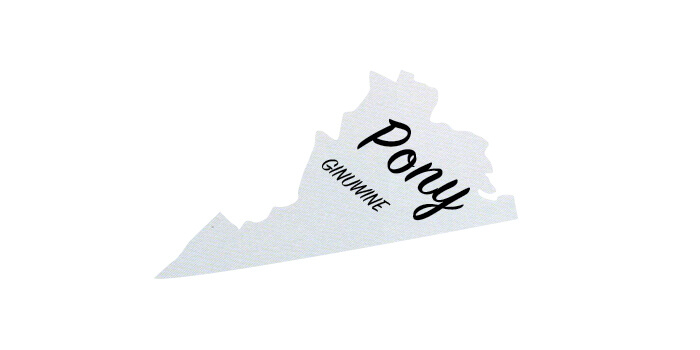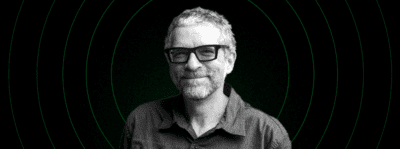Musical Map Of The USA: Virginia—Ginuwine


If Virginia Beach had somehow slid into the sea in 1995, it’s impossible to even fathom how different music might sound today. Within a few years over the late ‘90s, the city produced Timbaland, Missy Elliott, the Neptunes, and Clipse, among others. And thanks to what those artists were doing, radio-ready rap and R&B became something altogether different and strange over the late ‘90s and early ‘00s–a haven for adventurous, way-out sounds, sounds that were light years beyond anything happening in guitar-rock at the time.
“Pony” is, at least technically, not a Virginia song. Elgin Lumpkin, the man who would become Ginuwine, is a Washington, DC native. The late Static Major, one of the song’s co-writers, was from Louisville. And Ginuwine, Static, and Timbaland put the song together in, of all places, Rochester, New York, where the Jodeci-affiliated Swing Mob was based. And yet “Pony” is a quintessentially Virginia song because it served as the beginning for the takeover of that whole Virginia Beach sound. A few years after “Pony” topped out at #6 on the Billboard 200, Timbaland had made world-altering hits with Aaliyah, Missy, Nicole Wray, Total, SWV, Static’s group Playa, and even himself and his doofy rapping partner Magoo. All that starts with “Pony.”
Showing up in radio rotation in 1996, “Pony” was as radical, in its own way, as “Smells Like Teen Spirit” had been five years earlier–maybe more so. “Teen Spirit” was, after all, composed of riffs and howls, and we’d heard those before, even if the context was all different. “Pony” is made up of rumbling computer burps, panting drums, saxophones echoing far off in the distance. It sounds like nothing else. But it’s also a perfectly functional R&B song. Nobody involved even tried to hide the metaphor. It is, very plainly, not a song about horses: “If you’re horny, let’s do it.” And Ginuwine, who looked like a god, sold the hell out of it, unleashing the full thirsty power of his silky tenor all over this deeply alien track. Ginuwine wanted to fuck so badly that he’d be willing to make a song this bizarre just to get your attention.
That transcendent horniness still resonates. At this point, we’ll probably always associate the song with the moment in Magic Mike where Channing Tatum drops the hammer, cranking his athletic white-chocolate sexiness up to absurd, previously unseen levels. But even after 20 years of Timbaland productions, the song still feels feverish and new, all that empty space, all those sounds dropping in out of nowhere, all that sonic imagination put to use. For those of us who live in Virginia, it doesn’t feel like the sort of place that might’ve produced the world’s greatest futuristic fuck anthem. But that’s the funny thing about genius. It can come from anywhere.
This is one of more than 50 posts that make up our musical map of the United States, published by region—the West, Midwest, South, and Northeast—by writers who have strongly associated a song with a state.
[sc name=”nattysaw8″ ]
You might also like 




















